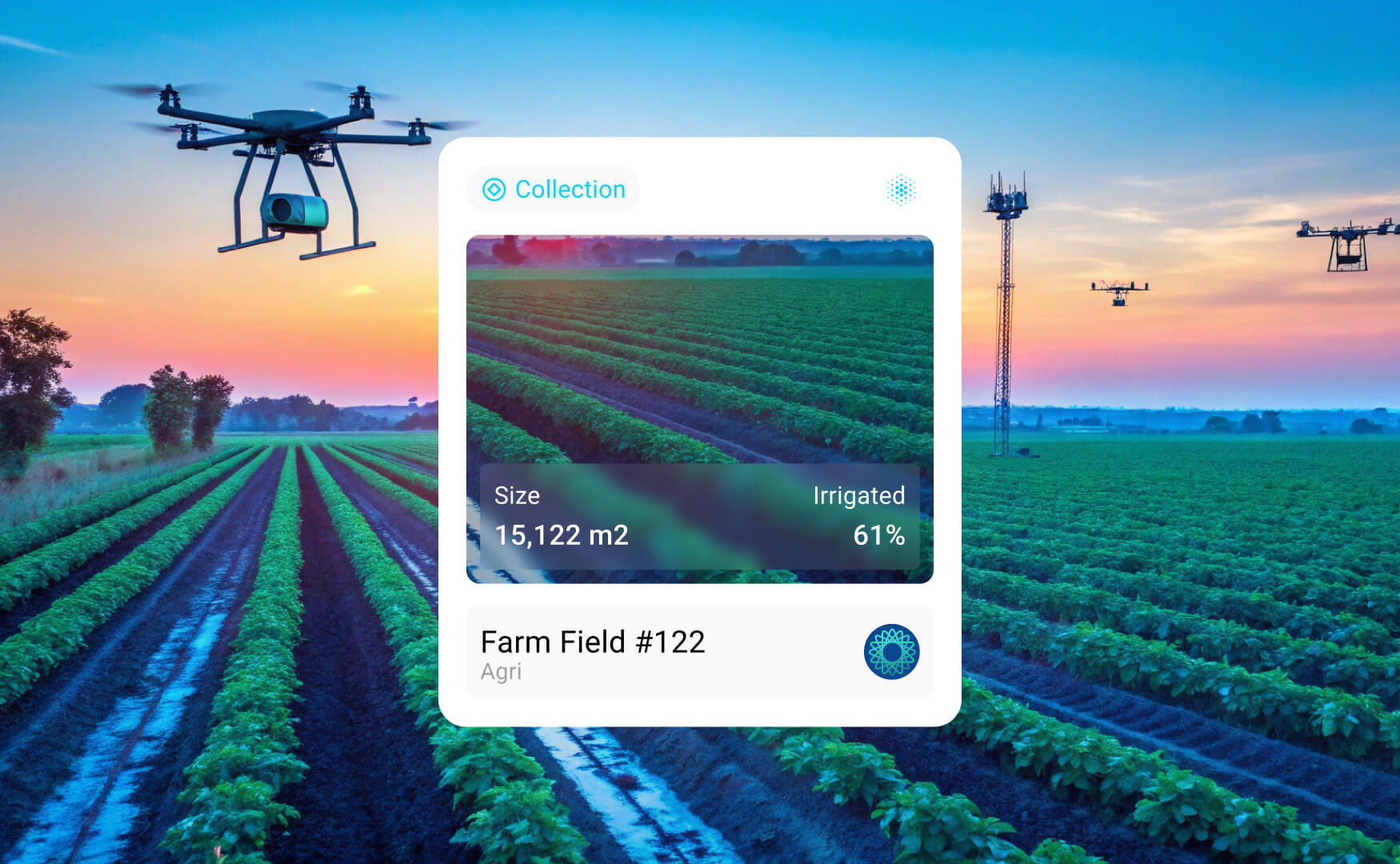The semantic operating layer for cognitive digital twin systems. It expresses a shared vocabulary for entities, relationships, claims, evaluations, and executable protocols.


Represent real-world systems of agents, devices, projects, financing mechanisms, organisations and places — each identified by a DID in the Interchain Identifier (IID) registry of the L1 Impact Hub blockchain network. CDTs are embued with governance controls, services, linked resources, linked claims, object capabilities, economic accounts, and graphs of relationships.

Claims-first data fusion from external sources, to provide verifiable ground-truth and situational awareness, with content addressing and proofs (CIDs) for large artefacts. Builds semantic and directed acyclic graphs representing real-world state changes.

Agentic Oracle services implement verifiable protocols —inc using with zero-knowledge proof of execution (PoE), to produce auditable judgments that include P‑values and method metadata, together with zero‑knowledge attestations where applicable.

Protocols are activated as deeds that provide the instructions, services, resources, capabilities, and economic incentives to process claims, automate reviews, execute approvals, handle disputes, and trigger event‑driven payments via smart accounts.

Outcome indicators are tied to issuing digitally certificates in the form of verifiable credentials, then minting ERC‑1155 impact credits or outcome units when verified thresholds are met, as defined in executable protocols.

Federated, end‑to‑end encrypted data exchange (Matrix), with minimal on‑chain anchoring for integrity and coordination.
The IXO Ontology is a formal, machine‑readable linked-data vocabulary for modelling cognitive digital twins, their relationships, the claims they issue, and the workflows that govern decisions and actions across the Impact Hub network.
Define your twin types and claims schemas, register DIDs, stand up or connect to oracle services, and model your executable protocols. Then integrate via the IXO SDK to issue claims, run evaluations, and automate settlements.
Instead of just describing data, the IXO Ontology connects evidence, assurance, and actuation. It binds claims to evaluations and to executable protocols that can trigger real settlements and tokenization events.
They are policy‑backed workflows that coordinate authorizations, evaluations, approvals, disputes, and settlements. Protocol steps can trigger on‑chain state changes and service‑event payments via smart accounts.
Data exchange uses federated, end‑to‑end encrypted messaging (Matrix). Only necessary integrity anchors and state transitions are recorded on‑chain. Access is enforced with object‑capability authorisation rather than broad, role‑based permissions.
Use the IXO Studio low-code editor to configure protocols and ontology for your use-case.
IXO Studio